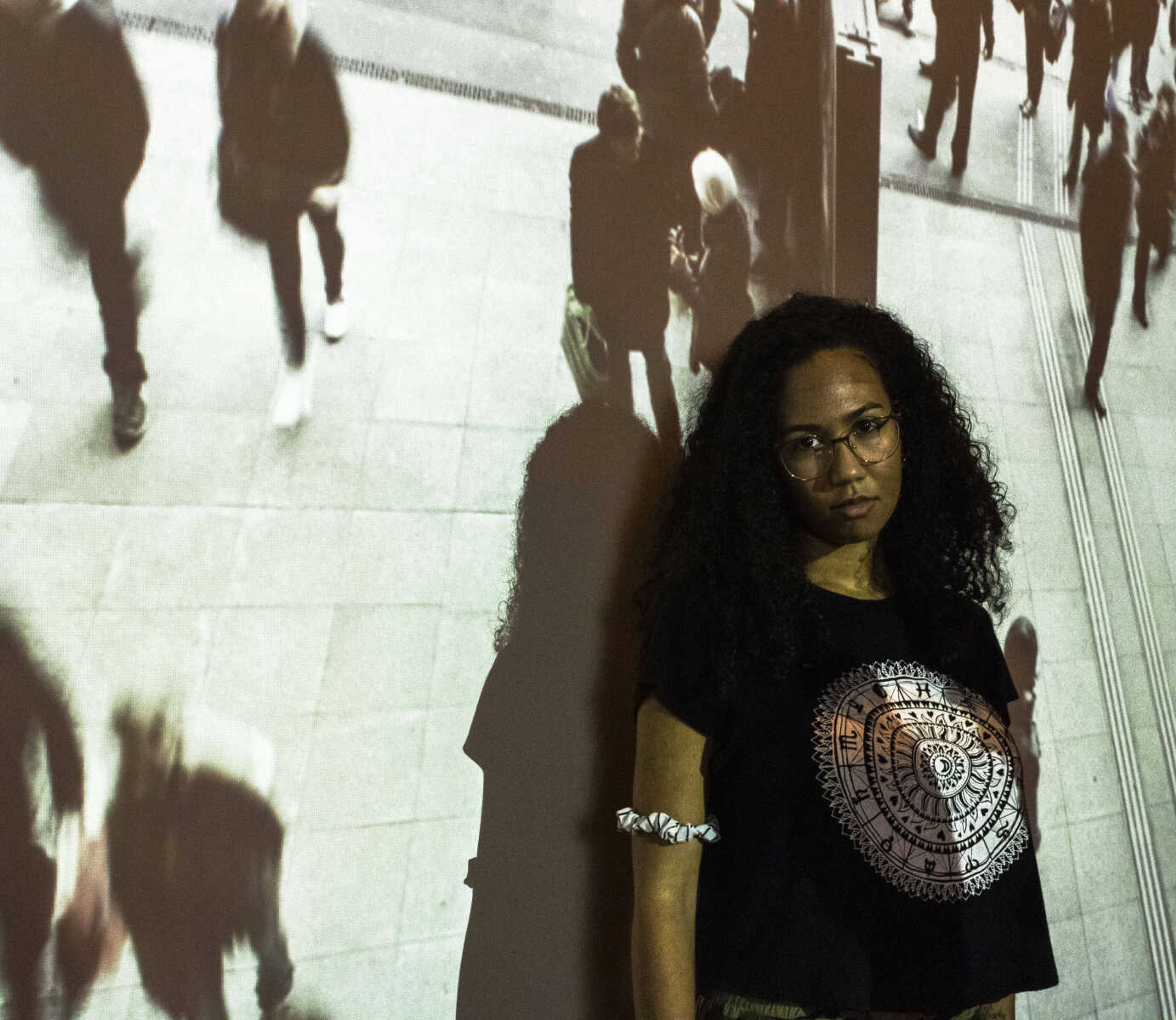Patient privacy has long been an issue important in the healthcare industry, but since the emergence of COVID-19 there have been more questions about what's considered a violation of a patient's rights.
The Health Insurance Portability and Accountability Act of 1996, more commonly known as HIPAA, is a law enacted to safeguard the protected health information (PHI) of patients in a healthcare setting.
Registered nurse and case manager at SoutheastHEALTH Lalita Toeniskoetter has worked at the hospital for 36 years in both bedside nursing and case management. She said HIPAA impacts healthcare workers at every level, regardless of job title.
“It’s the same thing whether you’re at the bedside or not at the bedside. You still have to respect the patient’s privacy,” Toeniskoetter said. “Any time we take care of a patient, it’s a private matter, and we don’t disclose any information to anybody without the patient’s consent.”
HIPAA’s protection covers most instances where PHI is involved, with some exceptions. Toeniskoetter said there are 12 different occasions where PHI can be disclosed without patient consent, including domestic violence situations and when insurance providers are brought in for payment.
“Dealing with payers, we have to divulge information if the patient expects their payer source to reimburse their hospitals,” Toeniskoetter said. “We can divulge the information they need to verify that the case was medically necessary to justify payment.”
SoutheastHEALTH registered nurse Jessica Malahy said adherence to HIPAA during the COVID-19 pandemic caused friction between healthcare workers and the patient’s family members.
During the height of the pandemic, entry to hospitals was restricted to reduce person-to-person contact, forcing family members of patients to rely on healthcare workers for medical updates.
“Not anybody can just call the hospital and say, ‘Hey, how’s Aunt Suzy doing?’ We have to get permission for that. We have to have the patient’s say-so to give [someone] any kind of information,” Malahy said. “If we don’t get verbal consent from the patient or the person listed as their emergency contact on their information, we can’t give any information out on that patient.”
Malahy said a common misconception from those seeking health care is the assumption the patient will be persecuted for their words or actions.

“When you’re at a healthcare facility seeking health care, we can’t go and tell anybody anything. Your actions and the things that you say to us are kept in strict confidentiality unless you’re hurting somebody else,” Malahy said. “Don’t be afraid to tell the person who’s taking care of you everything they need to know to appropriately take care of you as a whole person. You can trust our practitioners.”
The law’s impact on healthcare workers follows them throughout their career, but education on HIPAA starts at the very beginning.
Southeast senior nursing student Coley Leimbach said his nursing instructors waste no time emphasizing the influence of HIPAA on healthcare workers to their students.
“We didn’t start taking courses, but we had this orientation to the program, and they talked about it there. So it was even before the program started,” Leimbach said. “They drill [HIPAA] from the get-go, so, fundamentals — that’s a big part of that whole course. And when we’re in clinicals, they’re always trying to do their best to eliminate any HIPAA violations. So any clinical paperwork, that’s not supposed to be out. And you’re supposed to log off the computer after you’re done.”
Leimbach started the path to nursing school when he was 18, and said since then, he’s gained a new understanding of the seriousness of HIPAA.
“It’s definitely important, and it’s a good thing it’s incentivized legally so that it kind of deters people from gossiping about patients or releasing information,” Leimbach said. “When you’re 18, it’s not really something you think of. If I was 18 and somebody was talking about my chart, I don’t think I would’ve cared, but there’s a lot of sensitive information in there.”
HIPAA - Health Insurance Portability and Accountability Act of 1996
Protected Health Information (PHI) - any information in a medical record that can be used to identify an individual, and that was created, used or disclosed in the course of providing a healthcare service
